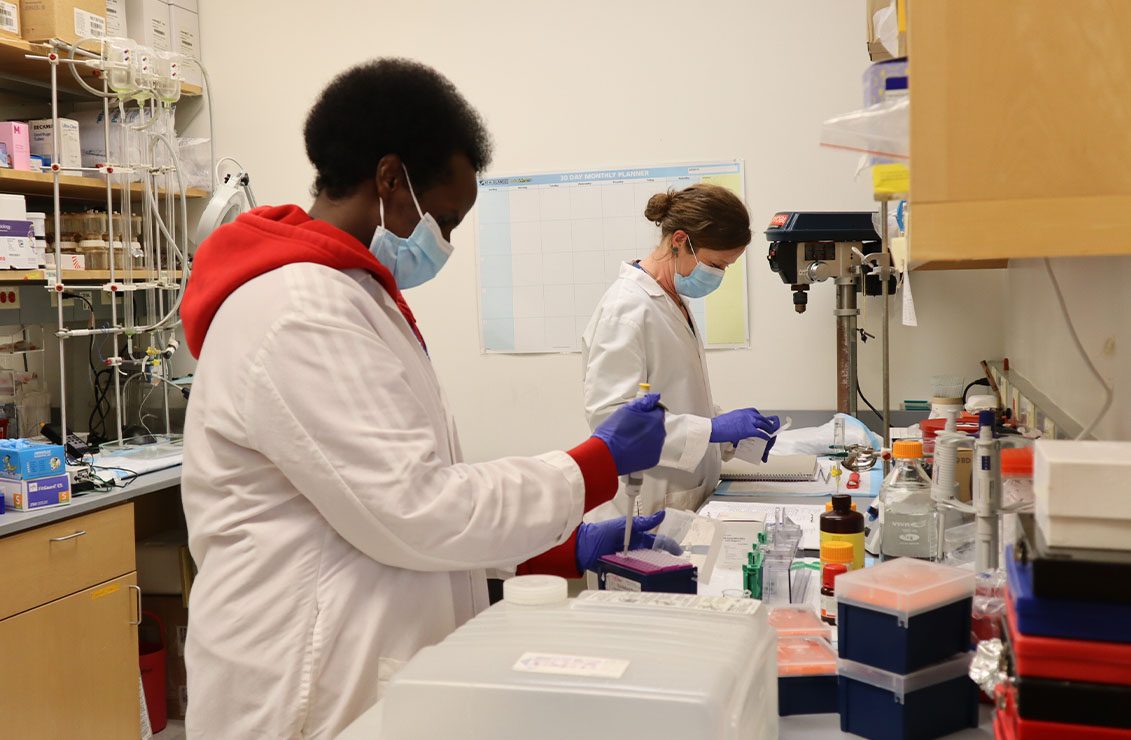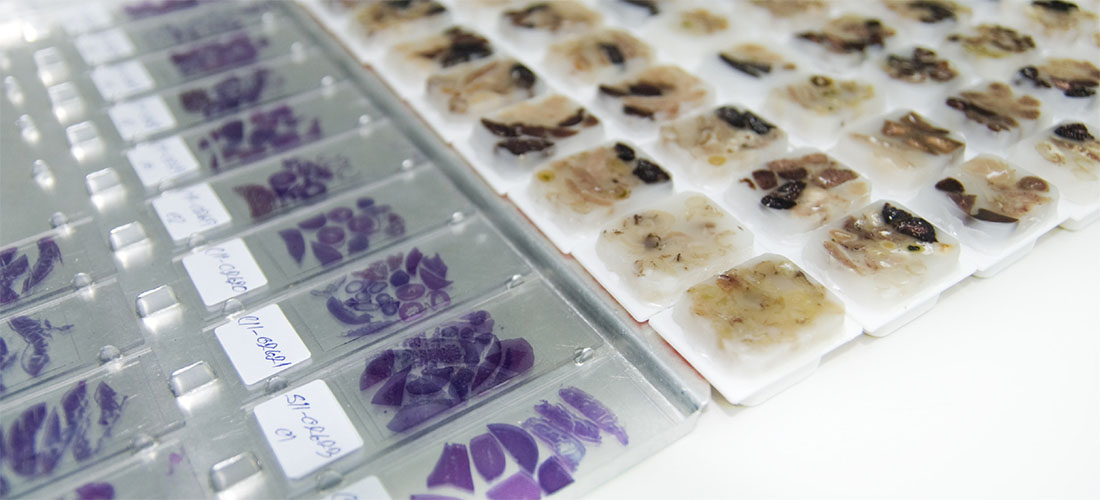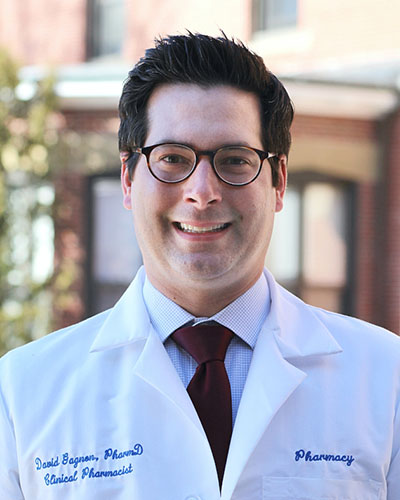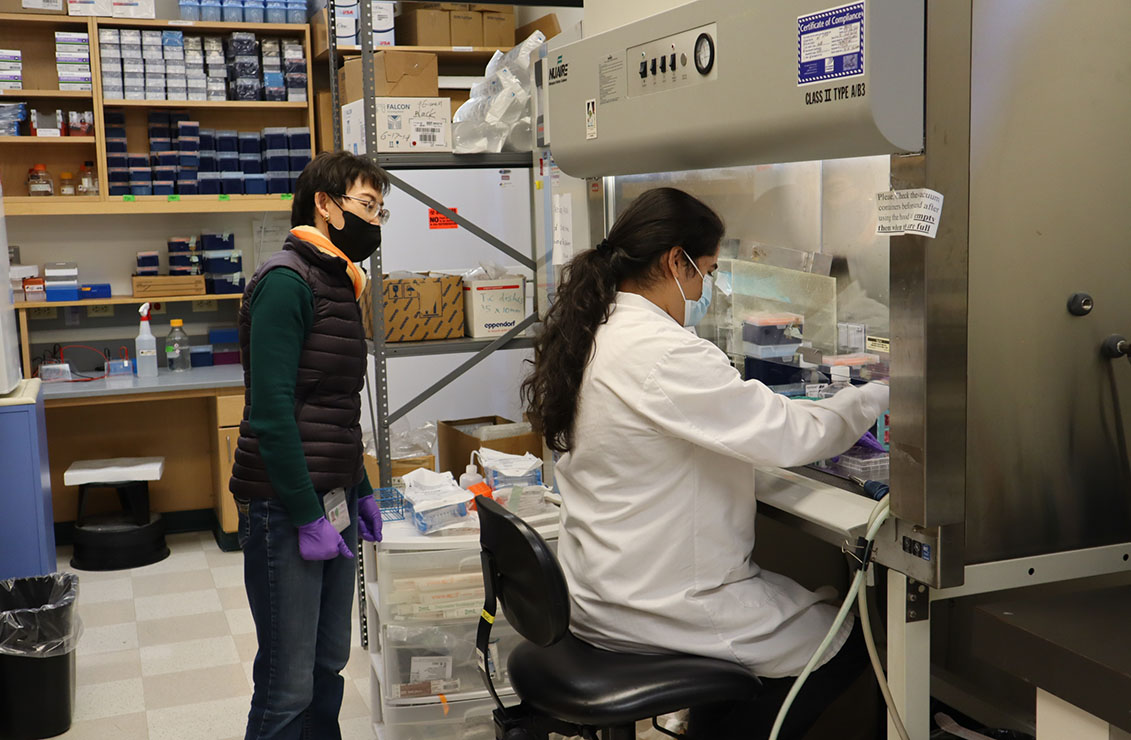NIH $12.8M COBRE Grant to Reduce Rural Health Disparities

Research Aims to Reduce Rural Health Disparities
Since 1991, MaineHealth Institute for Research (MHIR) has been at the center of MaineHealth’s mission to improve patient health and outcomes by advancing the science of medicine through biomedical research. Maine is a rural state, with disparities in health care based on regional variations in resources and on-site expertise. Rural patients have longer delays in care due to delayed emergency medical service responses, and longer travel times before they receive expert-level care. Disparities in rural health outcomes in conditions such as cardiac arrest are further increased by limited access to clinical research studies that evaluate and implement new protocols and technologies designed to improve outcomes.
In January 2021, MaineHealth was awarded a five-year, $12.8 million Centers of Biomedical Research Excellence (COBRE) grant by the National Institute of General Medical Sciences of the National Institutes of Health. The funding will be used by MHIR to help address these health challenges and support clinical research aimed at reducing rural health disparities in acute care settings.
“This grant will not only help establish the infrastructure necessary to better serve rural communities, it will support MaineHealth engagement with community members to understand their needs, and how best to focus future research,” said Doug Sawyer, MD, PhD, Chief Academic Officer of Maine Medical Center and MaineHealth and the principal investigator of this grant. “When research works hand in glove with community needs and patient care, we impact health.” Dr. Tom Gridley, Associate Director of the Center for Clinical & Translational Research is the Co-Investigator for this grant.

Doug Sawyer, M.D., Ph.D., Chief Academic Officer of MaineHealth, Principal Investigator

Projects Improve Health Care Access in Rural Communities
The COBRE funding will be used to develop a statewide research and care network in Maine that addresses barriers associated with limited resources, expertise and access in rural areas and will begin with the support of four clinical studies. One clinical trial is under way, the PROTECT study, and three more are getting off the ground.
David Gagnon, PharmD, a pharmacist at MMC who specializes in Critical Care Pharmacy, is heading the PROTECT study. The study involves patients brought to MMC and examines if giving antibiotics after cardiac arrest stops pneumonia and helps people survive and recover. It will also look at how antibiotics affect the normal bacteria in our bodies.
“Currently, the best way to stop pneumonia after cardiac arrest is not known,” said Dr. Gagnon. “This study will help answer the question: Do early antibiotics after cardiac arrest stop pneumonia and help people recover?”
This is a significant question considering only four out of 10 people who have an out-of-hospital cardiac arrest make it to the hospital alive, and of the four people who make it to the hospital alive, only one or two will leave the hospital alive. In addition, lung infection may happen to six out of 10 patients, and may lower their ability to survive and live normally.
Cardiac arrest occurs when the heart suddenly stops pumping blood. In adults, this may be the result of a heart attack or other stress on the body. Pneumonia may make it harder to survive cardiac arrest. Pneumonia, and cardiac arrest in general, is associated with uncontrolled inflammation, and because inflammation and pneumonia may precipitate secondary brain injury, preventing them may improve outcomes. The PROTECT study is using ceftriaxone, an antibiotic with excellent anti-microbial spectrum, and has anti-inflammatory as well as potential neuroprotective effects.
Working to improve care across diverse communities
“I am excited to work towards establishing effective pharmacotherapy options for cardiac arrest survivors to improve their care across diverse communities,” said Dr. Gagnon. “Our team is focused on ensuring the approximately 60 percent of Mainers living in rural locations have the same access to cutting-edge research that the rest of the state does. Studies like PROTECT are an important step in making this a reality.”

David Gagnon, PharmD, a pharmacist at MMC who specializes in Critical Care Pharmacy, is heading the PROTECT study.
COBRE in Acute Care Research & Rural Disparities
To read more about COBRE and the three additional studies, visit www.mmcri.org/accobre.

This program is supported by the National Institute of General Medical Sciences, National Institutes of Health, Award Number P20GM139745. The content is solely the responsibility of the authors and does not necessarily represent the official views of the NIH.

